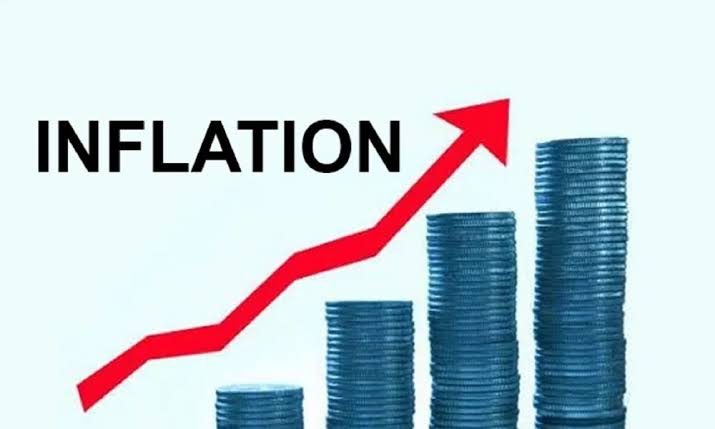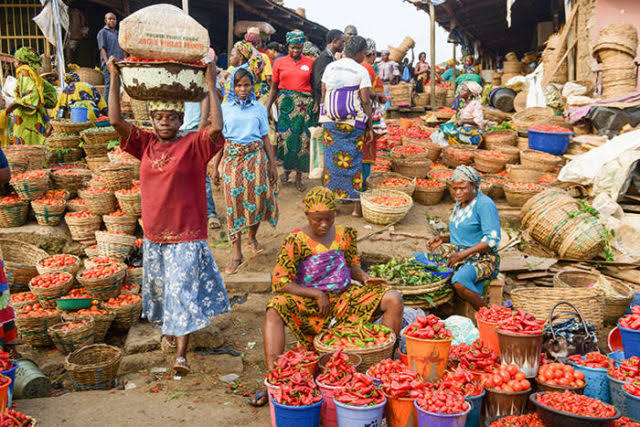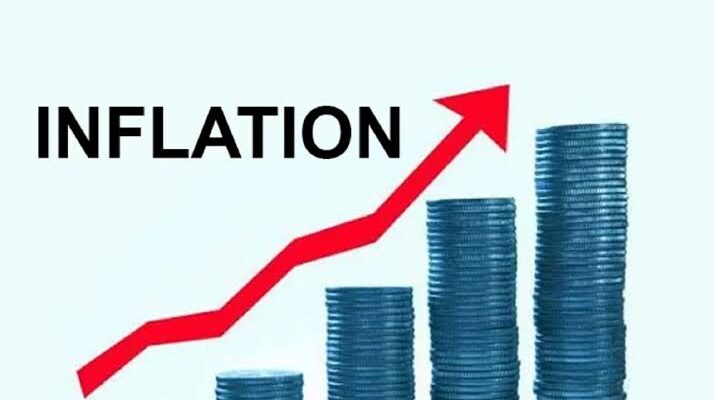
Nigeria’s inflation rate rose to 17.33% in February from 16.47% recorded in January.
This is the highest point since April 2017.
According to the CPI/Inflation report released by the National Bureau of Statistics (NBS) on Tuesday, the food inflation stood at 21.79 percent, the highest point since the 2009 data series began.
“The consumer price index, (CPI) which measures inflation increased by 17.33 percent (year-on-year) in February 2021. This is 0.86 percent points higher than the rate recorded in January 2021 (16.47) percent.
“Increases were recorded in all COICOP divisions that yielded the Headline index. The urban inflation rate increased by 17.92 percent (year-on-year) in February 2021 from 17.03 percent recorded in January 2021, while the rural inflation rate increased by 16.77 percent in February 2021 from 15.92 percent in January 2021,” NBS reported.

On a month-on-month basis, the Headline index increased by 1.54 percent in February 2021, this is a 0.05 percent rate higher than the rate recorded in January 2021 (1.49 percent).
Also, the percentage change in the average composite CPI for the twelve months period ending February 2021 over the average of the CPI for the previous twelve months period was 14.05 percent, showing a 0.43 percent point from 13.62 percent recorded in January 2021.
According to the NBS, the headline inflation for month-on-month also increased to 1.89 percent from 1.83 percentage points.
The upward movement in food inflation, NBS said was caused by increases in the prices of bread, cereals, fish, potatoes, yam, and other tubers, vegetables, meat, oils and fats, fruits, and food products.
Meanwhile, core inflation, which excludes the prices of agricultural items, increased to 12.38 percent in February compared to 11.85 percent in January 2021.
In terms of states, Kogi, Bauchi, and Ebonyi states recorded the highest inflation growths while Kwara, Enugu, and Cross River states saw the slowest rise in inflation for the period under review.

Comments